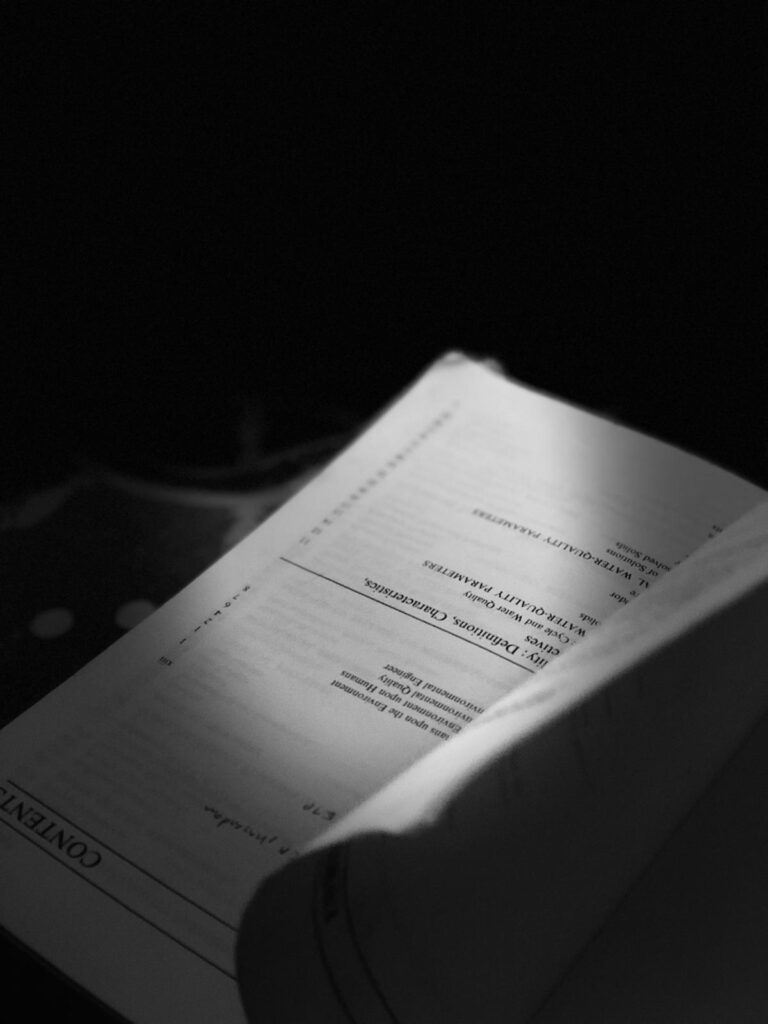I’m a Survivor . . . and Now I Have My Own Trust?

Many married couples share almost everything, including finances. This may be reflected in their estate plan by using one joint living trust instead of two separate trusts. Separate trusts can […]
The Deceased Spouse’s Unused Exemption Amount: a Spouse’s Final Gift

Spouses often work together to build wealth for themselves and their children. Congress recognized this by enacting the gift and estate tax portability election as part of the 2010 Taxpayer […]
Does the Executor Control Bank Accounts?
Administration of a decedent’s estate may involve investment accounts (with stocks and bonds) held in the decedent’s name or trust.
What Taxes Have to Be Paid When Someone Dies?
Tax obligations continue on despite the passing of a loved one, and in some cases, come about because of it. Tax deadlines pose a challenge for grieving families.
Can You Refuse an Inheritance?
What happens if you are named an heir in an estate but you don’t want it? Does it go the person’s children if you reject the inheritance?
Do You have to Go through Probate when Someone Dies?
At some point in your life, you may find yourself an administrator, a beneficiary or a creditor of a probate estate. You may even want this information for planning your own estate.
Reviewing Estate Plans Matter
Many of our parents completed their estate plans decades ago. The documents may still be valid. However, if they are stale or outdated, you may spend significant money trying to use them down the road.
What Is Probate and How Does It Work?
Probate survives as a procedure originally implemented by the King of England to protect his citizens from themselves and their greed.
What Does the Executor Do?
If the deceased has a will, it usually names a close relative, friend, accountant, attorney or financial institution to act as executor of the will.
What Happens to Debt when You Die?
Creditors typically try to collect on unpaid debt, by going after the decedent’s estate during a process called probate.